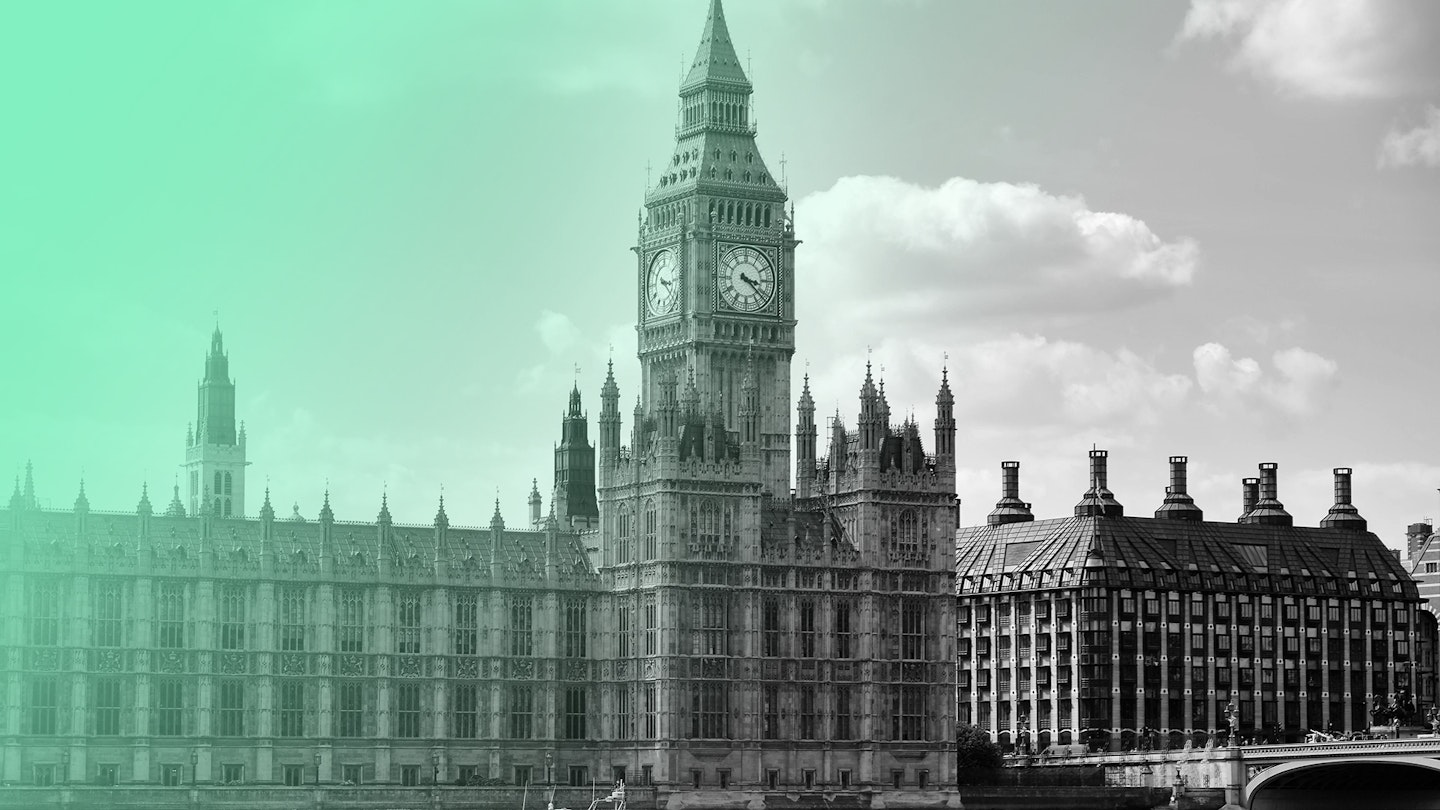After a series of delays, the working group report on how Parliament should deal with sexual harassment has finally been released. It not only revealed that one in five people working at Westminster have experienced or witness sexual harassment or inappropriate behaviour in the last year, but also recommends those found guilty of accusations be recalled or expelled.
It’s the punitive measures we’ve been waiting for, and shows a commitment on behalf of parliament to take sexual harassment and bullying seriously, going unnoticed and ignored for so long. The report has recommended a new complaints procedure and investigation mechanism independent of party’s. Previously, staff working for MPs didn’t have an accessible grievance procedure to make complaints about their MP, resulting in a culture of silence around inappropriate behavior.
The working group in charge of assembling the report were put in place by leader of the House, Angela Leadsom, and previously faced challenges in creating an effective cross-party solution. In fact, Caroline Lucas spoke out just last month about the delays in the report that she believes caused the Conservatives to water it down. She told The Guardian:
‘As a result of Labour’s reluctance to back the planned launch of the original draft in December, backbench Tories have had an opportunity to get their hands on the draft and significantly reduce the potential impact of our work.’
Fearing the report had moved away from a survivor-led approach to one that disproportionately catered toward ‘vexatious complaints’, her concerns have proved real in terms of the anonymity recommendation. It states that those accused of harassment should remain anonymous until proven guilty, at which point they will be publically named. Conservative activity Kate Maltby, who made allegations against Damian Green in December, told BBC Radio 4’s Today programme:
‘Every public-facing institution has to deal with the possibility of a malicious complaint; they all have systems in place to deal with it, they all have strong due processes which don’t stop the 95% of people making serious complaints being treated seriously. I don’t see why parliament shouldn’t be able to handle this problem too.’
However, Jo Swinson – deputy leader of the Liberal Democrats- argued anonymity would go both ways, protecting the complainant too and therefore encouraging more people to come forward.
While this point is important and holds up in other public bodies, it is particularly sensitive when it comes to parliament because there has been such a huge imbalance of power in the past. It implies there is scope for an MP to be wrongly proven innocent, yet continue working without the public being aware of their complaints, and without the media to act as a watchdog on parliamentary activities– which it was created to do. It also implies that there is a greater chance of malicious complaints than MPs being investigated poorly and judged wrongly, which can perpetuate the myth that false rape claims are commonplace.
Having an inquiry by the parliamentary commissioner for standards would hopefully be independent enough to ensure an effective investigation of harassment claims to appease this concern.
Whether or not the recommendations will go far enough to rectify the culture of intimidation and mistreatment so deeply engrained in Westminster is difficult to know. While punitive measures will surely deter inappropriate behavior, attacking cultural issues takes more than just deterrents.
Education is a necessity in tackling socialized behaviours and norms, which is why Caroline Lucas – Green Party co-leader – recommended consent training to start immediately. She tweeted in response to the report:
Shadow Commons leader, Valerie Vaz, also supported this statement, saying:
‘Labour will be advocating that relevant bodies do their utmost to ensure the group’s recommendations are put into place as a matter of urgency. This includes mandatory training for MPs, lords and staff on consent, equalities, tackling bullying and harassment, and trade union recognition, to ensure staff are able to collectively raise grievances and lobby for changes to rules and procedures.’
The next step is implementing the procedures, which if the previous delays are anything to go by will take longer than we might expect. While this is an important first step to tackling sexual harassment in Westminster, only time will tell how seriously parliament is taking the measures.
This article originally appeared on The Debrief.
